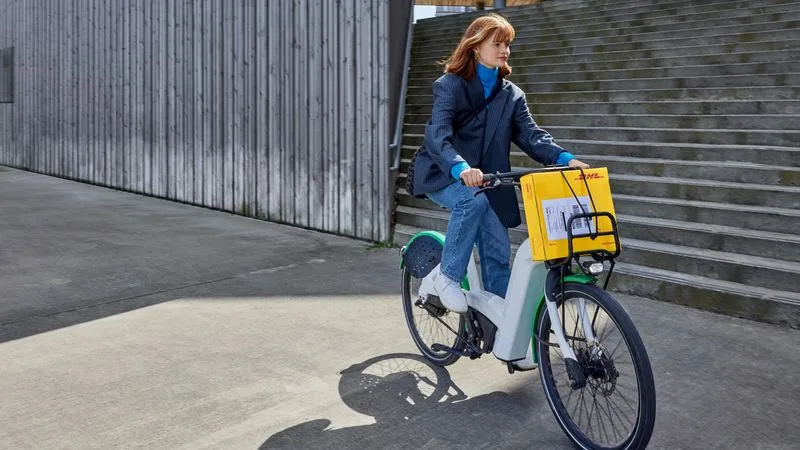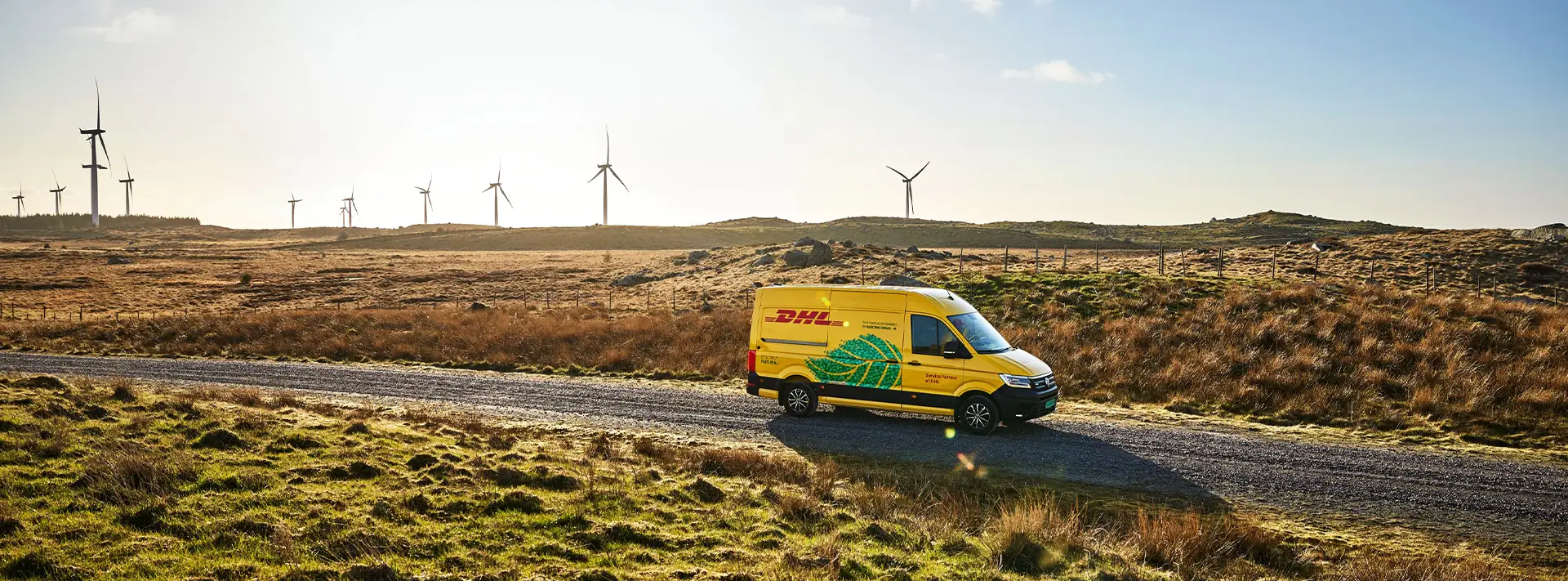
Today, the concept of a "carbon footprint" has become more than just a buzzword; it's a critical factor affecting businesses worldwide. But what exactly is a carbon footprint, and why should businesses in Cambodia be concerned about it?
With a growing focus on climate issues and potential policy approaches, businesses find themselves at the intersection of environmental, social, and governance (ESG) policies and reporting. In addition, investors are increasingly factoring ESG considerations into their investment decisions, while consumers and employees are demanding greater engagement and transparency on these critical matters.
Therefore, climate change and its associated risks have become pivotal topics due to this. Consequently, it's now more crucial than ever for businesses to gain a comprehensive grasp of their carbon footprint and proactively manage it.
Exploring the meaning of carbon footprint
Carbon footprint, in essence, measures the environmental impact of human activities, specifically in terms of greenhouse gas emissions, often quantified in carbon dioxide units. In a corporate context, it's referred to as the "corporate carbon footprint," encompassing all greenhouse gas emissions generated by an organisation. It signifies the total greenhouse gas emissions associated with producing a product or conducting an activity.
This metric bears significant consequences, contributing to climate change, global warming, urban pollution, toxic rain, and rising temperatures.
Causes of carbon footprint in businesses
The causes of carbon footprints in businesses are multifaceted, ranging from conventional factors like the use of fossil fuels for power generation to less apparent contributors.
Some common causes of corporate carbon footprint include:
1. Fossil fuel dependency
Reliance on fossil fuels for power generation, excessive electricity consumption, and a lack of carbon-neutral transportation in business operations lead to substantial greenhouse gas emissions.
2. Supply chain impact
The supply chain represents a frequently overlooked domain that adds to emissions. It encompasses not just transportation-related emissions but also factors in raw material extraction, manufacturing processes, and logistics. In fact, according to the DGB Group, the supply chain of a business can account for more than 80% of greenhouse gas emissions.
3. Building energy consumption
According to the DGB Group, buildings are significant contributors to global energy consumption, responsible for around 30% of the total. Poorly insulated structures, inefficient heating, cooling, and lighting systems, and inadequate ventilation can lead to energy losses. This accounts for 26% of global energy-related emissions as well.
4. Waste management
Waste management practices play a substantial role in carbon footprints. Inefficient waste disposal methods, such as landfilling and incineration, contribute to greenhouse gas emissions and air pollution.
By addressing these diverse sources of emissions, businesses can not only lower their carbon footprints but also contribute positively to environmental sustainability.
Understanding the business impact of an increasing carbon footprint
How does your carbon footprint impact your business?
A larger carbon footprint translates to increased energy expenses. These funds could have otherwise been allocated to vital aspects of a business, such as profit-generating endeavours or innovative sustainability practices.
Furthermore, a diminished carbon footprint can elevate a company's reputation and brand image, aligning with the growing environmental concerns of consumers and investors. This can foster heightened customer loyalty and even attract new business opportunities.
How can carbon footprint affect the economy?
Did you know that cooling services stand as one of the significant contributors to the escalating concerns of global warming? With Cambodia's hot and humid climate, the demand for cooling solutions is predicted to double over the next two decades. Currently, cooling services alone account for a staggering 45% of the nation's electricity consumption. Also, according to The United Nations Environment Programme (UNEP), the sweltering heat in the country takes a heavy toll, resulting in an annual gross domestic product (GDP) decline of no less than US$1.12 billion. Recognising this, Cambodia's National Cooling Action Plan becomes instrumental in mitigating the environmental and economic repercussions associated with the surging cooling demand.
Beyond that, elevated temperatures can lead to adverse effects on a country's economy by diminishing agricultural yields, curbing labour efficiency, and dampening industrial production. However, this challenge also presents opportunities for fostering a burgeoning green economy, ushering in new avenues of economic growth and sustainability.
What are the social impacts?
According to Bain & Company, out of a survey encompassing 16,000 consumers across the Asia-Pacific region, an astonishing 90% expressed their readiness to invest in sustainable products at a higher cost. However, a substantial portion refrains from making these purchases. Their hesitation stems from the lack of comprehensive information or the inherent scepticism surrounding sustainability claims.
This is backed by Only One Planet owner Sandy Kotan, who stated that numerous inquiries pour in from individuals seeking information on eco-friendly practices utilised for their products and services. Sandy Kotan might have started the site Eco-Business Cambodia in response to this scarcity of resources, but more needs to be done to fill this crucial information gap. This is because, despite their noble intentions, consumers still encounter the challenge of sourcing up-to-date and trustworthy information to support their environmentally responsible endeavours.
This underscores the evolving landscape where brand reputation isn't solely hinged on product quality and customer service but extends to a company's commitment to environmentally responsible practices. As such, neglecting societal and environmental responsibilities can carry severe repercussions for businesses.






























